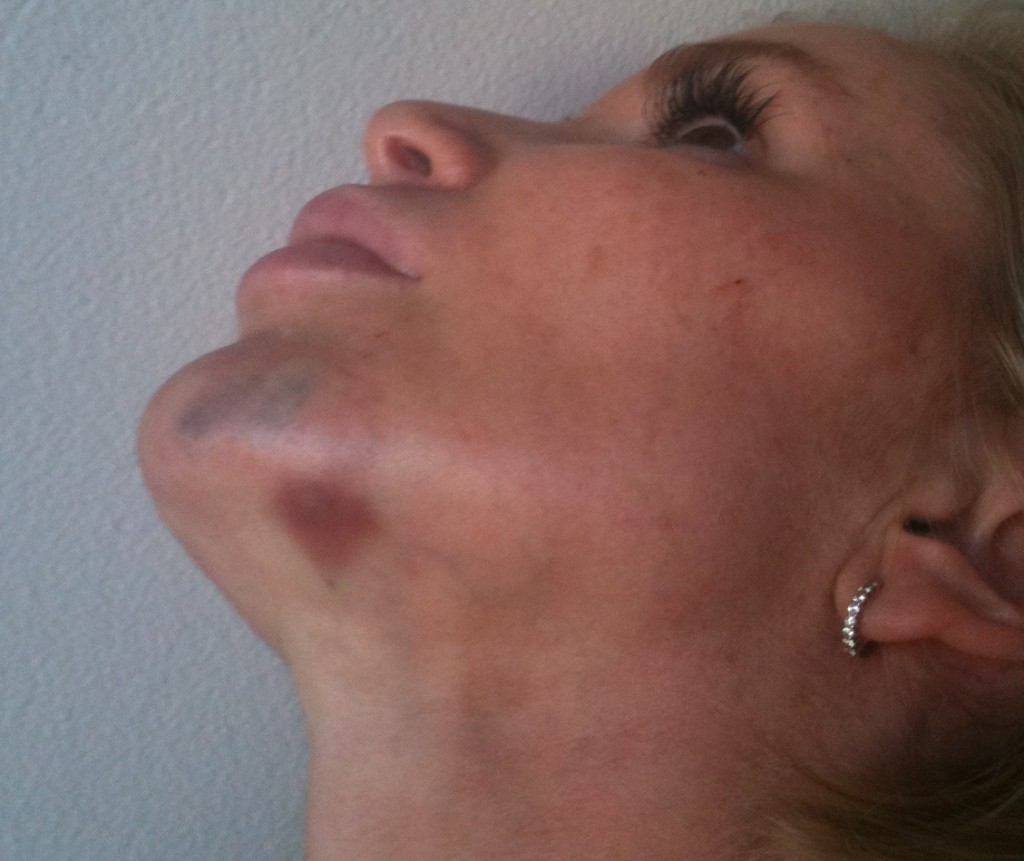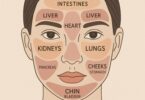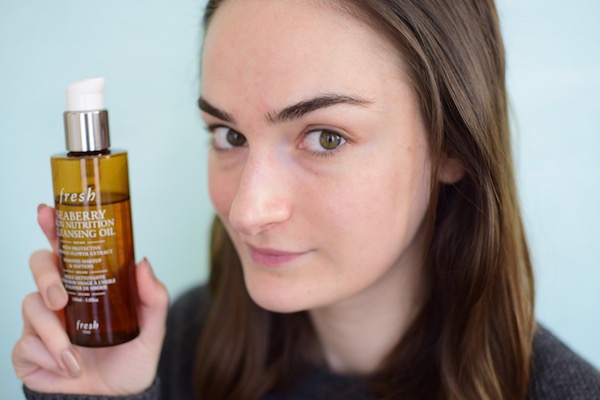Post-op bruising is a very real concern for many patients undergoing cosmetic procedures.
Though procedures vary (everything from lipo to enhanced lips), the immediate result is often the same: post-op bruising around the treated area. “Bruising is unpredictable and can be due to a combination of genetic, physiological, environmental, and surgical factors,” explains Dr. Christopher Khorsandi, M.D., Founder of VIP Plastic Surgery.
Usually a patient already knows if they’re the type to bruise easily before even heading in for a treatment or procedure, and there is often a reason for it. “In terms of physiology, it has been noted that hypertensive patients bruise more than those with normal blood pressure and that infants and elderly patients have a higher tendency to bruise. In terms of environmental factors, sometimes the foods, medications, and supplements that people consume can increase the likelihood of bruising. Aspirin is a known inhibitor of platelet function, but so too is fish oil and a number of different nutritional supplements.”
The good news is that all is not lost— you don’t have to worry about having several prolonged weeks of gnarly bruises around your filled in cheek bones or hollowed out abs.
“Research indicates that deficiency in nutrients can increase the risk of bruising. Vitamin K, Vitamin C, Vitamin E, Bioflavonoids, Zinc, all contribute to healthy capillaries, which are the smallest of blood vessels usually responsible for bruising. Avoiding aspirin for 10 days prior to treatments and minimizing NSAID use is also important to preventing bruising. Those on long term steroids are also at increased risk for bruising and may need to consult with their physician prior to getting procedures.”
Eating your fruits, veggies, and steering clear of unnecessary medications is usually the answer to most problems anyway, but it seems especially helpful in the battle against black and blue post-op souvenirs— especially if you’re a woman.
“There is a higher tendency in woman to bruise compared to men. This difference may be accounted for in variable skin thickness between men and women and the underlying connective tissue difference. Just as woman tend to get more cellulite, there are differences in the the connective tissue between the genders that may account for the bruising differences.”
If you do bruise badly after a procedure, Dr. Khorsandi suggests cold compromises to minimize the appearance and help constrict the small vessels. After 24 hours of cold compresses the major inflammatory phase will pass and then warm compresses will help dilate the lymphatic drainage system around the bruise itself.
“Large bruises that are left without treatment can expect to resolve in seven to fourteen days. The bruise will change colors as the hemoglobin is broken down and the original bruise may spread as it dissipates. However, when the above techniques are employed bruises can disappear in as little as two to three days.”
I am a Smart Beauty Guide contributor; this post was written in conjunction with my editorial duties there.
[ img ]









